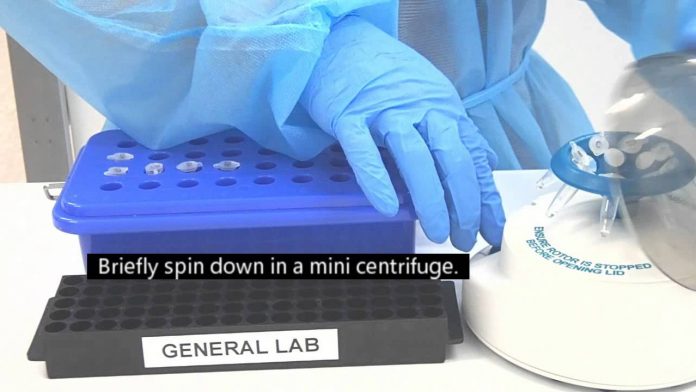
PerkinElmer has agreed to acquire RHS for A$25.2 million ($19.7 million), in a deal that expands the buyer’s genomic research offerings with the Australian company’s single-cell genomics technologies.
RHS’ technologies include DOPlify, a platform for whole genome amplification of single or small numbers of cells intended for the global next-generation sequencing (NGS) market; PG-Seq, RHS’ NGS workflow, and EmbryoCellect, RHS’ microarray workflow. Both workflows incorporate DOPlify and were designed for genetic screening of IVF embryos.
DOPlify is designed to provide cell ploidy status of single cells and simultaneously cell mitochondrial DNA load using a range of different NGS platforms and workflows. PG-Seq—set to launch in March following an Early Access Program begun in January—is intended for PGT-A (Preimplantation Genetic Testing for Aneuploidy) and PGT-M (Preimplantation Genetic Testing for Monogenic Disorders).
EmbryoCellect uses microarray technology (array Comparative Genomic Hybridisation or aCGH) to compare the number of chromosomes in a sample cell to a known reference sample. The samples are labelled with different fluorescent dyes and the amount of fluorescence is measured and compared for each chromosome. According to RHS, this method provides a reliable and straightforward way to count the number of chromosomes in the test cell and detect whole chromosome aneuploidy.
“The offer from PKI [PerkinElmer] reinforces the considerable expertise that the RHS team have integrated into each of our product,” RHS CEO Michelle Fraser, Ph.D., said in a statement. “Bringing RHS and PKI together provides an opportunity for our products to reach the clinical and applied research markets through a large and highly experienced global team.”
RHS—which changed its name from Reproductive Health Science last year —was established to commercialize technologies developed by the Department of Obstetrics and Gynecology at The University of Adelaide. RHS’ founding scientists wrote one of the first papers on the use of microarrays for pre-implantation genetic screening in 2004—detailing research that formed the basis for patents and exclusive licenses to RHS in Australia, the U.S., Europe, China, New Zealand, and Canada.
RHS is located in the TechInSA Incubator in the heart of the Thebarton biotechnology precinct in Adelaide, South Australia
PerkinElmer agreed to acquire all 89,920,483 outstanding shares of RHS for A$0.28 ($0.22) a share—double the A$0.14 ($0.11) closing share price of RHS on February 23, and a 101% premium above the volume-weighted average price of RHS shares traded on the Australian Stock Exchange over the five trading days before today’s announcement of the deal.
Subject to the deal taking effect, PerkinElmer will seek to acquire options totaling 7,400,000 based on the difference in value between the offer price and the respective option strike price by private treaty arrangements. Should that effort fail, PerkinElmer will propose a plan to acquire the outstanding options, RHS said.
The deal, which has been approved by RHS’ board, is subject to approval by RHS shareholders at a general meeting expected to be held on May 22.
As is customary, the board hinged its approval of acquisition by PerkinElmer on the absence of a superior proposal, and an independent expert’s report concluding that the plan is in the best interests of RHS shareholders.
The acquisition is expected to take effect on June 11.











